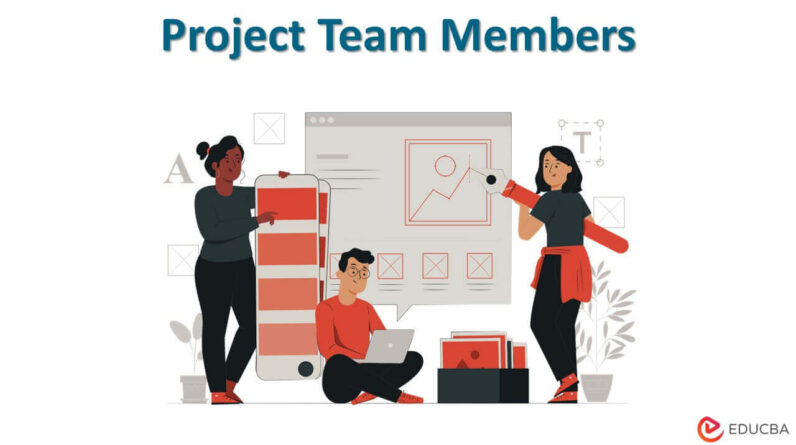
Ever wondered what the individuals who play a crucial role in implementing a project are called in the realm of project management? Well, they are commonly known as “Project Team Members.” These individuals form the backbone of any project, offering their expertise, skills, and commitment to ensure successful project execution. Without their collaborative efforts and dedication, achieving project objectives would be an arduous task. So, let’s explore the multifaceted role of these Project Team Members and how they contribute to the overall success of a project.
Project Team Members
Definition of Project Team Members
Project team members refer to individuals who are involved in the execution and completion of a project. They are essential in bringing the project to fruition and are responsible for various tasks, duties, and areas of expertise. These members contribute their unique skills, knowledge, and perspectives to ensure the success of the project.
Roles and Responsibilities
Within a project team, there are different roles and corresponding responsibilities. These roles help establish a clear framework for each team member’s contribution and coordination. By understanding these roles, team members can work together more effectively and efficiently.
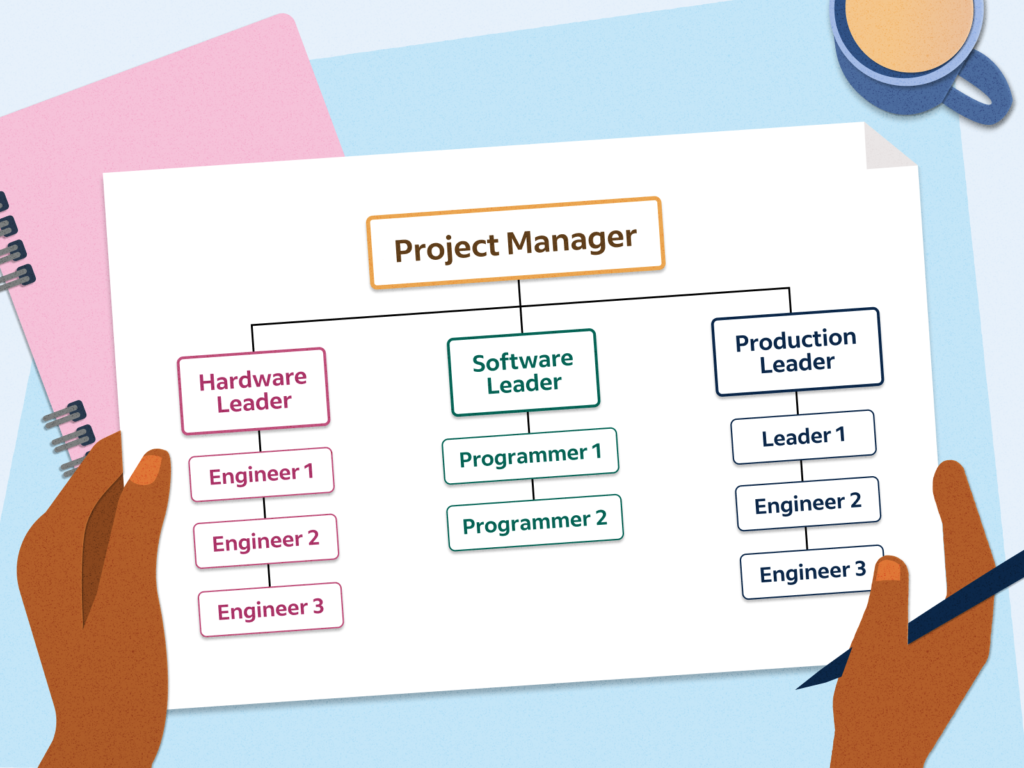
Types of Project Team Members
Project teams are composed of individuals with diverse backgrounds and skill sets. Each type of team member brings their own expertise and contributes to the project’s success in different ways. Let’s explore the various types of project team members commonly found in project management.
Project Manager
The project manager is a key figure in overseeing the entire project. They are responsible for the overall planning, execution, and successful delivery of the project. The project manager acts as a leader, coordinating team members, managing resources, and ensuring the project stays on track.

Project Sponsor
The project sponsor plays a vital role in providing support and resources to the project team. They are responsible for securing the necessary funding and resources, and they act as a champion for the project. The project sponsor also ensures that the project aligns with the organization’s goals and objectives.
Project Coordinator
Project coordinators assist the project manager in various activities. They play a supportive role by managing administrative tasks, scheduling meetings, coordinating logistics, and ensuring the smooth flow of communication within the team. Project coordinators act as a crucial link between the project manager and other team members.
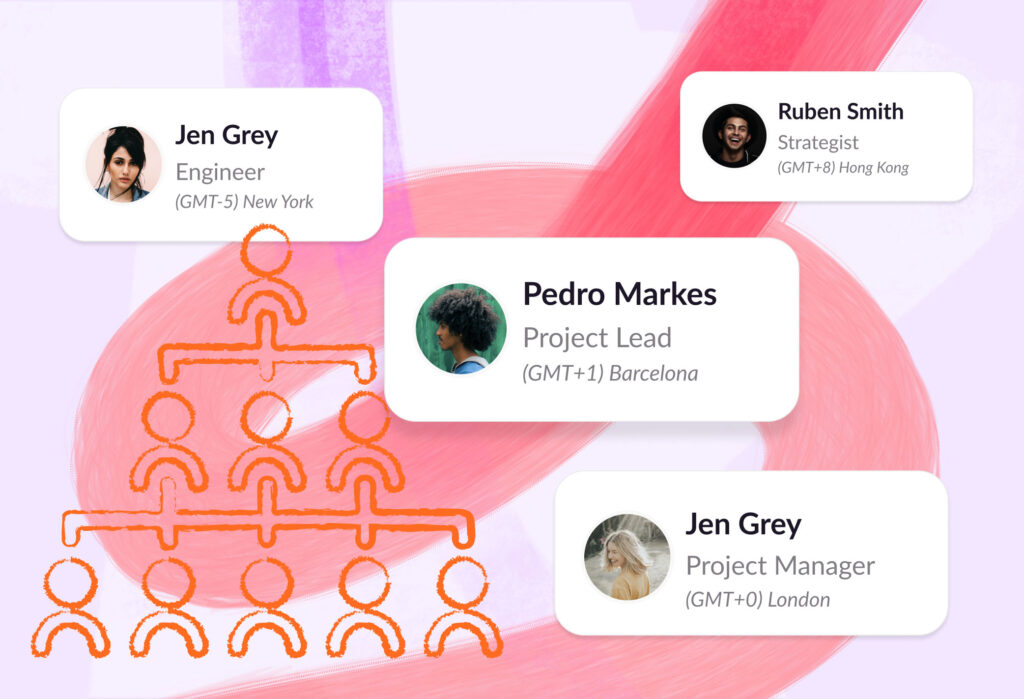
Subject Matter Experts
Subject matter experts (SMEs) possess specialized knowledge and expertise in a particular area related to the project. They provide valuable guidance, insights, and technical advice to the project team. SMEs play a critical role in ensuring that the project meets industry standards and best practices.
Technical Specialists
Technical specialists bring their specialized skills and expertise to the project team. They focus on the technical aspects of the project, such as software development, engineering, or design. These individuals contribute their technical knowledge to ensure the project’s success and its alignment with technical requirements.
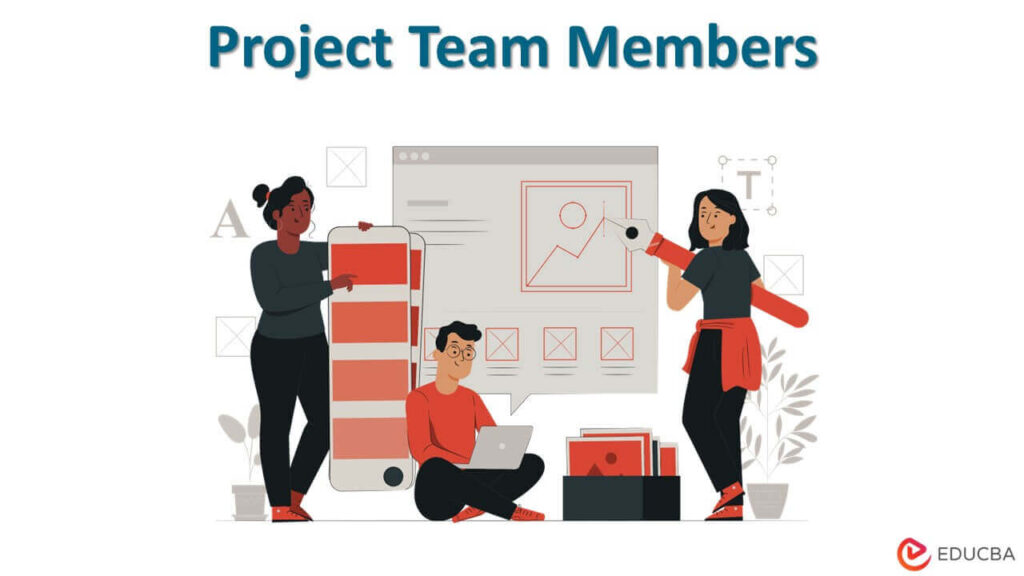
Team Members
Team members refer to the individuals who work closely together on a project. They can come from various departments, backgrounds, and roles within the organization. Team members collaborate, share ideas, and contribute their skills to achieve project objectives. They play a crucial role in executing project tasks and deliverables.
Stakeholders
Stakeholders are individuals or groups who have an interest in or can be affected by the project’s outcome. They may include clients, customers, investors, employees, or regulatory bodies. Stakeholders play a vital role in providing feedback, ensuring project alignment with organizational goals, and ultimately, influencing the project’s success.
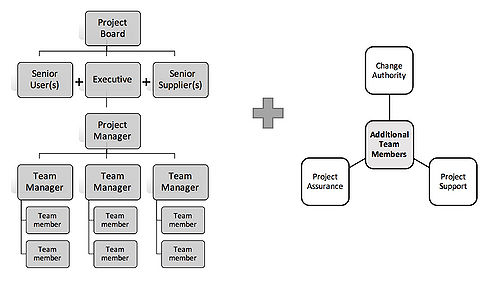
Benefits of Having a Strong Project Team
Having a strong project team is crucial for project success. A strong team brings numerous benefits and ensures smooth project execution. Let’s explore some of the advantages of having a strong project team.
- Improved Project Performance: A strong project team is capable of delivering high-quality results within the given constraints. With their expertise and collaboration, they can effectively manage project tasks, meet deadlines, and exceed expectations.
- Efficient Problem-solving and Decision-making: A strong project team fosters a collaborative environment where problems can be addressed promptly and decisions made efficiently. Team members can leverage their diverse skills and perspectives to find creative and effective solutions.
- Enhanced Communication and Collaboration: A strong project team ensures clear and effective communication channels. Collaboration among team members is encouraged, leading to improved coordination, idea sharing, and knowledge transfer.
- Higher Team Morale and Motivation: A strong project team values individual contributions and recognizes the achievements of team members. This fosters a sense of belonging, boosts morale, and motivates team members to perform at their best.
- Increased Stakeholder Satisfaction: A strong project team actively engages with stakeholders, taking their feedback and requirements into account. This results in a higher level of stakeholder satisfaction and builds strong relationships with project stakeholders.
In conclusion, project team members are an integral part of any project. They bring their skills, expertise, and dedication to the table, ensuring the successful execution and completion of the project. By understanding the different roles and responsibilities within a project team, fostering effective collaboration, and leveraging the strength of each team member, projects can achieve great success.







